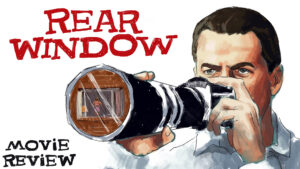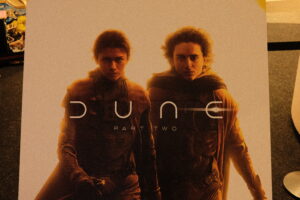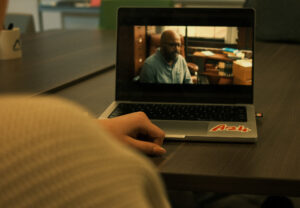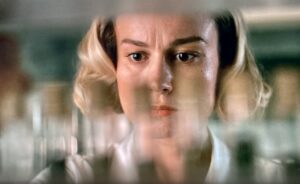Contrary to its description as a disaster movie, this thrilling and adventurous flick is not a disaster with viewers or its current box office standing. “Everest,” a chilling climbing and mountaineering story, tells the truthful tale of the 1996 Mount Everest disaster where eight climbers perished during attempts to reach the summit.
This year has seen a number of films that have been held up by the dedicated performances of its actors. Not so with this one. What “Everest” offers along with a quality acting performance — but even more so — is absolutely incredible cinematography. Simply described as “the art or science of motion-picture photography” by Merriam-Webster, the scenes edited into the final cut are dizzying and leave little room for improvement. Of course, though, when you have the job of recreating one of nature’s most staggering landscapes, every camera angle must be perfect.
A hand for cinematographer Salvatore Totino and his team.
In the role of Rob Hall, a historic mountaineer, founder and former owner of the climbing company Adventure Consultants, is Jason Clarke. Clarke deserves wide praise for his performance, especially considering the extensive preparation needed for a role such as this. By his side is Jake Gyllenhaal, notable for his roles in “Brokeback Mountain” and “The Day After Tomorrow,” who plays cocky Mountain Madness founder and climber Scott Fischer. Other notables include Sam Worthington, from the technologically-innovative feature film “Avatar” and Keira Knightley in a surprisingly small role as Clarke’s pregnant wife.
In such a harsh landscape — parts of “Everest” were actually filmed at camps on-scene — it is hard to imagine just how the crew members managed to produce a symphony of sounds of nature and the climbers fighting hard against it. Wind rushing, snow crashing and men shivering in the bitter cold make any viewer want to put a coat on. Couple that with breathtaking visuals and sharp drop-offs and they might just get a case of altitude sickness, too.
Do not think that every actor and production team has it easy producing films nowadays. Great films like this are not produced in studios with heavy computer-generated imagery. Most scenes were shot outdoors in harsh conditions, including at select locations at Mount Everest, particularly at Everest Base Camp.
Even more astonishing is film director Baltasar Kormákur’s lack of success up until this point. The 49-year old Icelandic native has not directed many big-time flicks, but this new addition to his résumé will definitely put his name on the map.
In an age where climbing the world’s highest peak was becoming extensively commercialized, the entire story does give us a sense of anybody can do it. “Everest” is entirely accurate in the way of how climbers would go about attempting such a feat, in terms of time to acclimate to high altitude and health concerns associated with it. After all, “Human beings aren’t built to function at the cruising altitude of a 747,” Rob Hall said during one of the scenes.
So the final cut is left with a dazzling display of courage from the actors, true heartache and just about as much creative camera work as there can be used in a movie about mountain climbing. Befitting as it may be to remember those guides and clients, along with three Indo-Tibetan Border Police officers who also lost their lives in the blizzard, “Everest” offers much more than just entertainment value.











